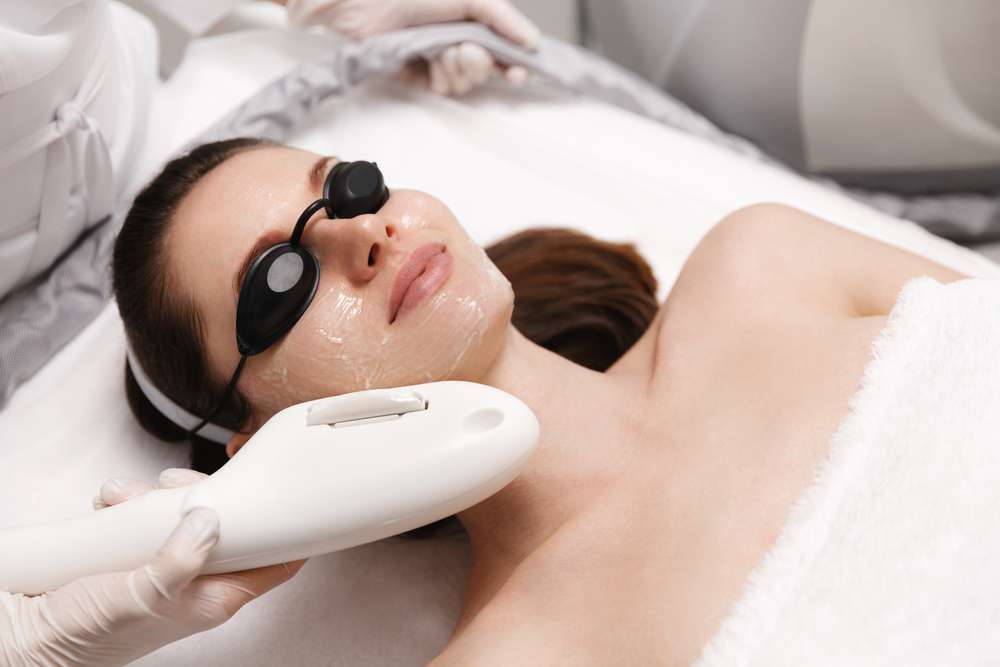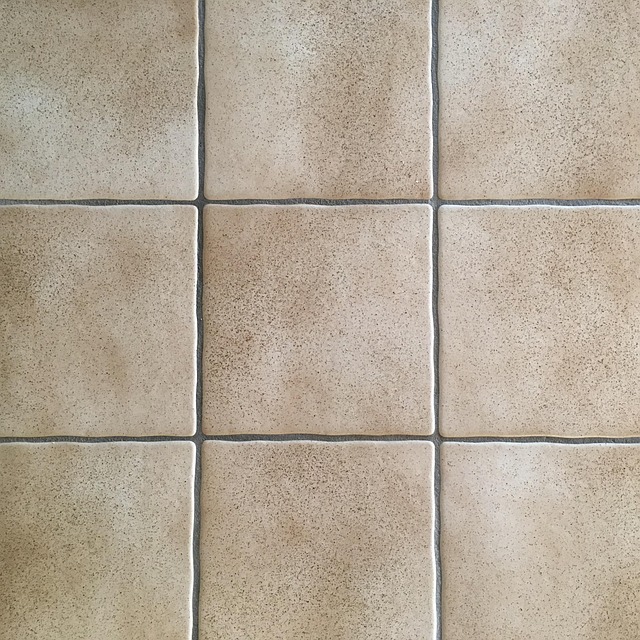Laser Skin Treatment: Unveiling the Science of Skin Rejuvenation
Laser skin treatment has revolutionized the field of dermatology, offering a non-invasive approach to address various skin concerns. This innovative technology harnesses the power of focused light energy to target specific skin issues, promoting collagen production and cellular renewal. As more people seek effective solutions for skin rejuvenation, laser treatments have gained popularity for their precision and ability to deliver noticeable results with minimal downtime.

What Skin Conditions Can Laser Treatment Address?
Laser skin treatments are versatile and can address a wide range of skin concerns. Some common conditions that benefit from laser therapy include:
-
Fine lines and wrinkles
-
Sun damage and age spots
-
Acne scars and other types of scarring
-
Uneven skin texture and tone
-
Enlarged pores
-
Rosacea and facial redness
The ability of laser treatments to target specific skin issues makes them a popular choice for those seeking personalized skincare solutions.
Are There Different Types of Laser Skin Treatments?
Yes, there are several types of laser skin treatments, each designed to address specific skin concerns. The most common types include:
-
Ablative lasers: These remove the outer layer of skin and heat the underlying layers to stimulate collagen production. They are effective for treating deep wrinkles and severe scarring.
-
Non-ablative lasers: These work by heating the underlying skin tissue without damaging the surface, promoting collagen production and skin tightening.
-
Fractional lasers: These create tiny, deep columns of tissue coagulation in the skin, stimulating a natural healing process and collagen production.
-
IPL (Intense Pulsed Light): While not technically a laser, IPL uses broad-spectrum light to target pigmentation issues and improve overall skin tone.
The choice of laser treatment depends on the specific skin concern, skin type, and desired outcome.
What Should You Expect During a Laser Skin Treatment?
A typical laser skin treatment session begins with a consultation to assess your skin concerns and determine the most appropriate laser technology. During the procedure, you may experience a mild warming sensation or a feeling similar to a rubber band snapping against your skin. The duration of the treatment can vary from a few minutes to an hour, depending on the area being treated and the type of laser used.
How Long Does It Take to See Results from Laser Treatment?
The timeline for seeing results from laser skin treatment can vary depending on the specific procedure and individual factors. Some patients notice immediate improvements in skin texture and tone, while others may see gradual changes over several weeks or months. Collagen production, which is key to many laser treatments’ long-term benefits, continues for several months after the procedure.
| Treatment Type | Average Number of Sessions | Typical Results Timeline |
|---|---|---|
| Ablative Laser | 1-2 sessions | 1-3 months for full results |
| Non-ablative Laser | 3-5 sessions | 2-3 months for noticeable improvement |
| Fractional Laser | 3-5 sessions | 3-6 months for optimal results |
| IPL | 4-6 sessions | Gradual improvement over 2-3 months |
Prices, rates, or cost estimates mentioned in this article are based on the latest available information but may change over time. Independent research is advised before making financial decisions.
Laser skin treatments have become an integral part of modern dermatology, offering effective solutions for a wide range of skin concerns. From reducing the appearance of fine lines and wrinkles to improving overall skin texture and tone, these treatments provide a non-surgical approach to skin rejuvenation. As technology continues to advance, we can expect even more precise and tailored laser treatments to emerge, further enhancing our ability to achieve healthier, more youthful-looking skin.
This article is for informational purposes only and should not be considered medical advice. Please consult a qualified healthcare professional for personalized guidance and treatment.






